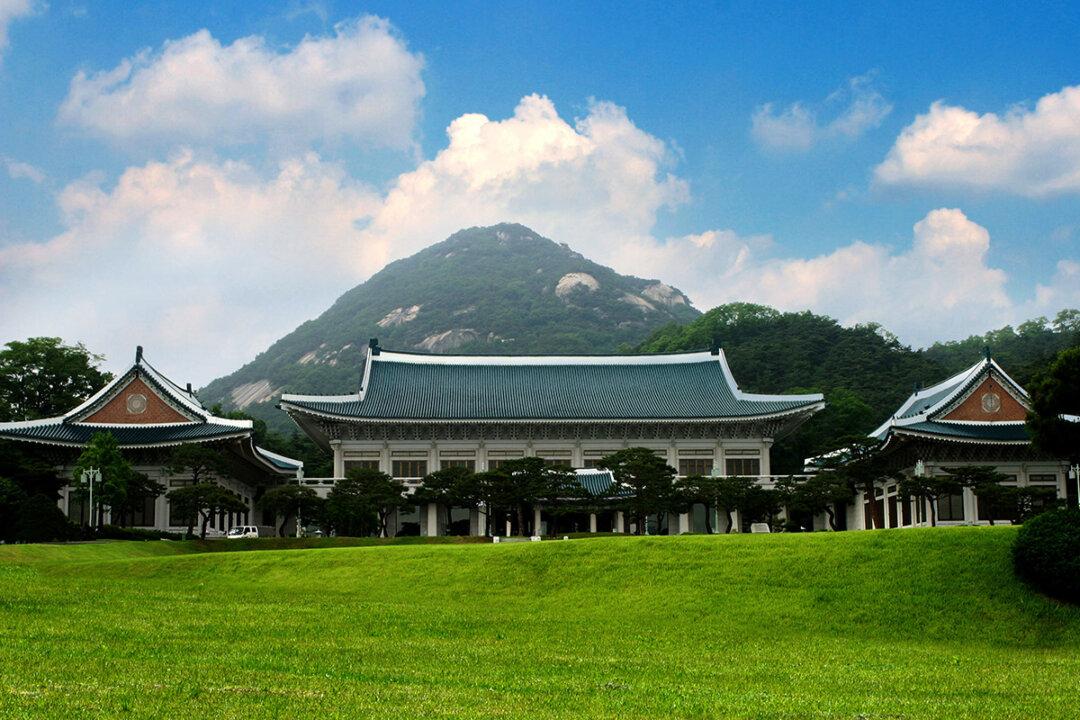News Analysis
The 20th presidential election of the Republic of Korea will be held on March 9, 2022. The current government, the Moon administration, was brought to power in May of 2017 following the impeachment of former President Park Geun-hye in December 2016. Since the Korean Constitution limits presidential terms to a single-fixed period of five years, the present incumbent at Cheong Wa Dae, cannot run for reelection. Cheong Wa Dae, known as the Blue House, is both the executive office and official residence of the President of the Republic of Korea.

